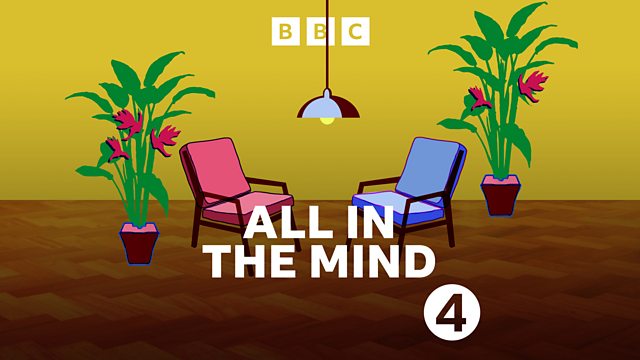Rowing the Atlantic in the name of science, psychologists tackling poverty, and the scent of fear makes us more observant.
The highs and lows of rowing the Atlantic, psychologists tackling poverty, and how the scent of fear helps us be more observant. Claudia Hammond discusses with Peter Olusoga.
Have you ever considered rowing across the Atlantic? How about making it even more challenging by doing it whilst wearing an ECG monitor and filling in psychological questionnaires? Claudia Hammond speaks to the first Austrian woman to row the Atlantic, Ciara Burns, who collected data throughout her 42 day crossing. And to the professor who studied the data, Eugenijus Kaniusas from the Vienna University of Technology, about the three big dips in mood along the way. Ciara talks about the emotional highs and lows of rowing to America, about the night skies, meeting whales, and how it feels when the Atlantic comes crashing down on you.
Sports psychologist Peter Olusoga from Sheffield Hallam University, discusses mental preparation for an adventure like Ciara's and how being in the middle of the Atlantic, with the astronauts on the international space station as your nearest other humans, can provide a lasting perspective change.
Peter also describes a new piece of research showing that smelling other people's sweat, collected whilst they watched scary films, can help us to be more observant and overcome a well-established psychological effect known as inattentional blindness.
And Claudia talks to Tiago Pereira, a Portuguese psychologist who is calling for psychologists to put a full stop to poverty. He says that psychologists are uniquely placed to communicate the causes and consequences of poverty, and to use that information to demand governmental policy changes.
Presenter: Claudia Hammond
Producer: Lorna Stewart
Studio Manager: Donald MacDonald
Production Co-ordination: Siobhan Maguire
Editor: Holly Squire
Last on
Broadcasts
- Tue 5 Dec 2023 21:00大象传媒 Radio 4
- Wed 6 Dec 2023 15:30大象传媒 Radio 4
Podcast
-
![]()
All in the Mind
The show with the latest evidence on psychology, mental health and neuroscience.




